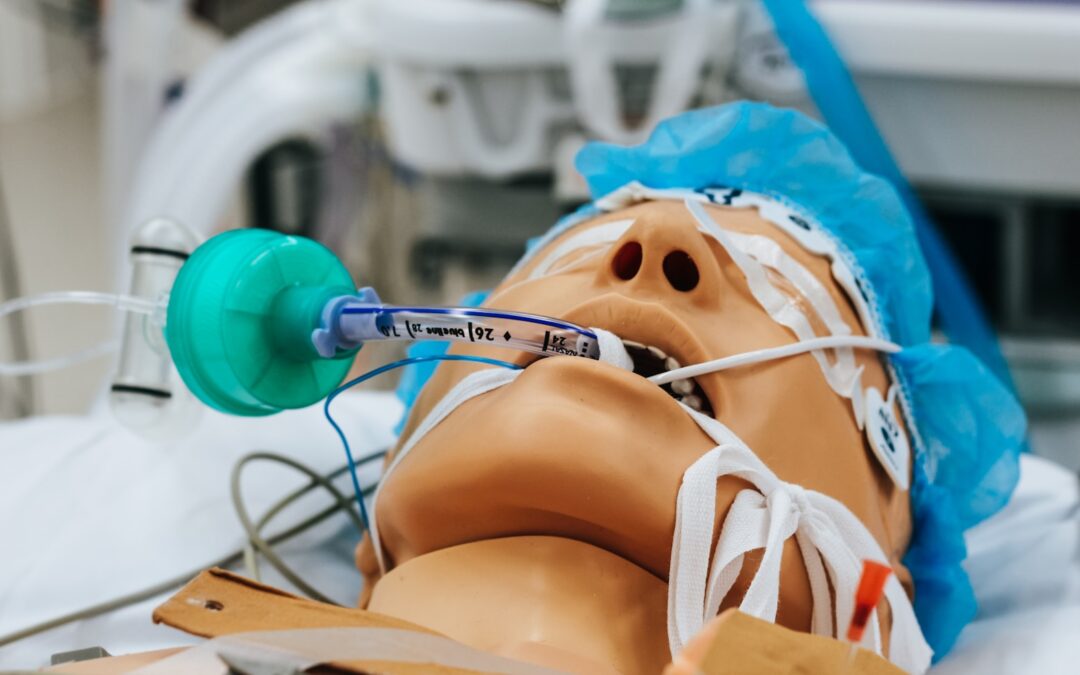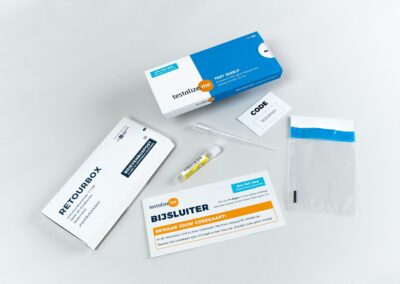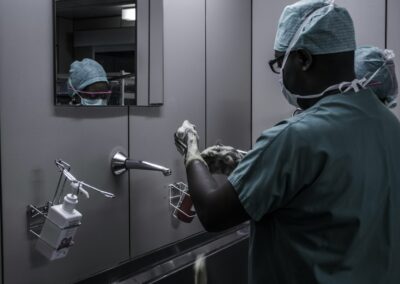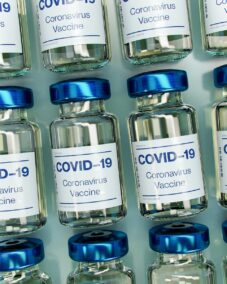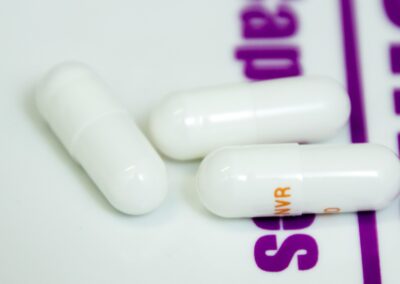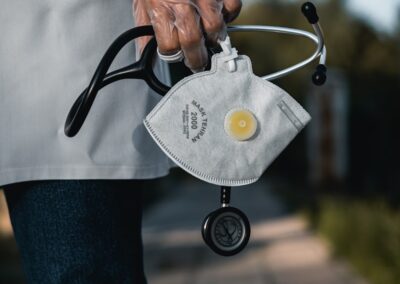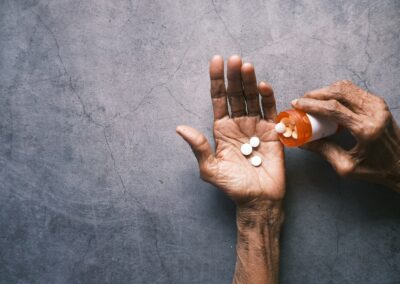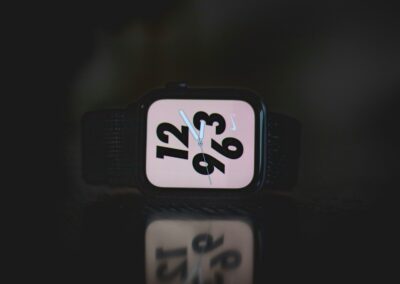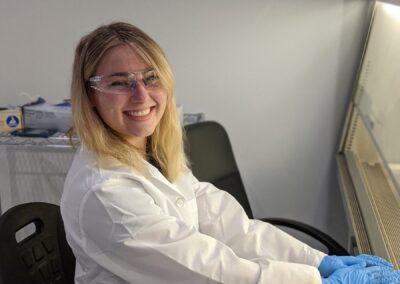Harnessing Technology for Enhanced Patient Care in Saudi Arabia and the UAE
The Role of Digital Twins in Personalized Healthcare
The integration of digital twins in healthcare is poised to transform patient care by enabling the creation of personalized treatment plans. Digital twins are virtual replicas of physical entities, and in the context of healthcare, they represent a patient’s physiological and pathological state. By simulating patient-specific responses to different therapies, digital twins provide healthcare professionals with invaluable insights, leading to more effective and tailored treatments.
In rapidly advancing regions like Saudi Arabia and the UAE, where modern technology is at the forefront of healthcare initiatives, the adoption of digital twins is gaining momentum. These virtual models allow for the continuous monitoring of patient data through sensors and IoT devices, creating a dynamic and interactive representation of a patient’s health status. For instance, in Riyadh’s leading hospitals, digital twins can track real-time changes in a patient’s condition, enabling proactive interventions and reducing the risk of complications.
Moreover, the integration of Artificial Intelligence (AI) and generative AI with digital twins enhances their predictive capabilities. AI algorithms can analyze vast amounts of data from the digital twin to identify patterns and predict potential health issues before they manifest. This proactive approach to healthcare can significantly improve patient outcomes and reduce the burden on healthcare systems. In Dubai, where healthcare innovation is a key priority, digital twins are being used to streamline clinical workflows and optimize resource allocation.
Implementing Digital Twins for Personalized Treatment Plans
The implementation of digital twins in healthcare involves a strategic approach that includes investing in the right technological infrastructure and fostering a culture of innovation. Healthcare providers in Saudi Arabia and the UAE must ensure they have robust data collection and processing systems in place to create accurate and reliable digital twins. This requires the deployment of advanced sensors, IoT devices, and data analytics platforms capable of handling large volumes of real-time patient data.
In Dubai’s cutting-edge medical facilities, digital twins are being used to develop personalized treatment plans for chronic disease management. By continuously monitoring a patient’s health metrics, digital twins can simulate the effects of different treatment options and identify the most effective therapy. This personalized approach not only enhances the efficacy of treatments but also improves patient adherence and satisfaction. For example, a patient with diabetes in Riyadh can benefit from a digital twin that adjusts insulin dosage in real-time based on blood glucose levels, lifestyle factors, and other relevant data.
Executive coaching services can play a crucial role in guiding healthcare leaders through the adoption and integration of digital twin technology. Coaches can help leaders develop a clear vision for leveraging digital twins, foster a culture of innovation, and manage the organizational changes required for successful implementation. By providing strategic insights and support, executive coaches ensure that healthcare providers can fully realize the benefits of digital twins and drive better patient outcomes.
Maximizing the Impact of Digital Twins in Healthcare
The potential of digital twins in healthcare extends beyond personalized treatment plans to include broader applications in medical research, training, and operational efficiency. For healthcare providers in Saudi Arabia and the UAE, maximizing the impact of digital twin technology involves continuous innovation and a commitment to leveraging the latest advancements in AI and machine learning.
One of the key benefits of integrating digital twins with AI is the ability to perform detailed simulations and predictive modeling. By analyzing historical data and simulating various scenarios, digital twins can predict disease progression, treatment responses, and potential complications. This capability is particularly valuable in oncology, where personalized cancer treatments can be optimized based on the digital twin’s simulations. In Riyadh, digital twins are being used to tailor chemotherapy regimens, minimizing side effects and improving patient outcomes.
Furthermore, digital twins can enhance the training and education of healthcare professionals. Virtual models of complex medical cases can be used for simulation-based training, allowing doctors and nurses to practice and refine their skills in a risk-free environment. In Dubai, leading medical schools are incorporating digital twins into their curricula, providing students with hands-on experience and improving their clinical competencies.
Conclusion
In conclusion, the integration of digital twins in healthcare is revolutionizing patient care by enabling the creation of personalized treatment plans. By providing real-time insights and predictive capabilities, digital twins allow healthcare professionals to tailor treatments to individual patients, improving efficacy and outcomes. The successful implementation of digital twins requires a strategic approach, supported by executive coaching and continuous innovation. For healthcare providers in Saudi Arabia, the UAE, and beyond, embracing digital twin technology will be key to driving excellence in patient care and achieving long-term success in a rapidly evolving healthcare landscape.
#digitaltwins, #healthcareinnovation, #personalizedtreatment, #AIinhealthcare, #SaudiArabia, #UAE, #Riyadh, #Dubai, #moderntechnology, #executivecoaching, #generativeAI, #patientcare

